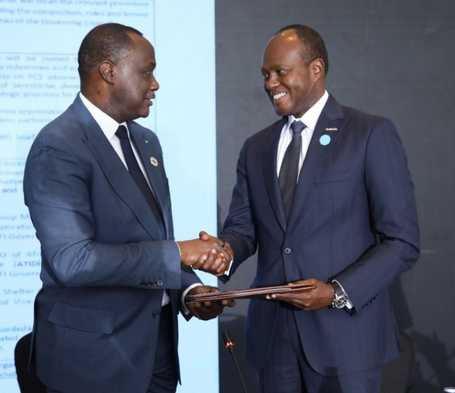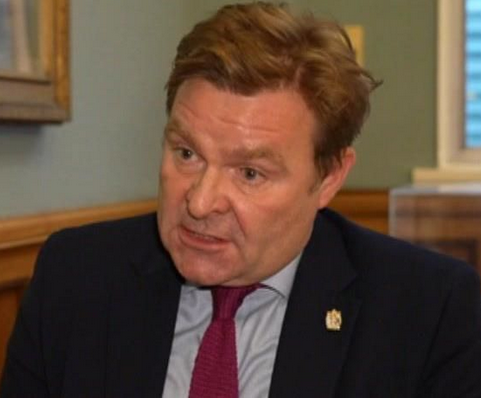In response to UK labour market figures, John Hawksworth, chief economist at pricewaterhousecoopers, commented: "The previously booming UK labour market continues to show signs of cooling in the aftermath of the Brexit vote, with the number of people in work down slightly in the three months to November compared to the previous three months. It is true that the unemployment rate remained at an 11- year low of 4.8%, while the actual number of people unemployed fell, but this was matched by a rise in economic inactivity rather than more people in jobs."
"Average hours worked also fell slightly in the latest three months.
More positively for household incomes, average weekly earnings growth edged up again to 2.8%. However, this is not rising as fast as consumer price inflation has in recent months, so real earnings growth has started to slow and we expect this squeeze to intensify over the course of this year.
It is possible, of course, that earnings growth could pick up more sharply later this year as inflation rises, but this would not be the pattern of the past decade and would probably lead to lower employment as workers started to price themselves out of jobs.
Any such further pick up in earnings growth could also bring forward the date at which the Bank of England starts to raise interest rates, unless this is matched by stronger productivity growth.”
According to PwC's CEO Survey published at the World Economic Forum in Davos, UK bosses are in hiring mode. Sixty three percent expect to grow their workforce over the coming 12 months. Just 10% expect headcount to decrease, down from 20% in 2016. Access to key skills is considered to be the single biggest business threat facing their organisations. More than four in five (83%) of UK bosses are concerned about how to get hold of key skills, up sharply from 71% last year, and compared to 77% globally.
















